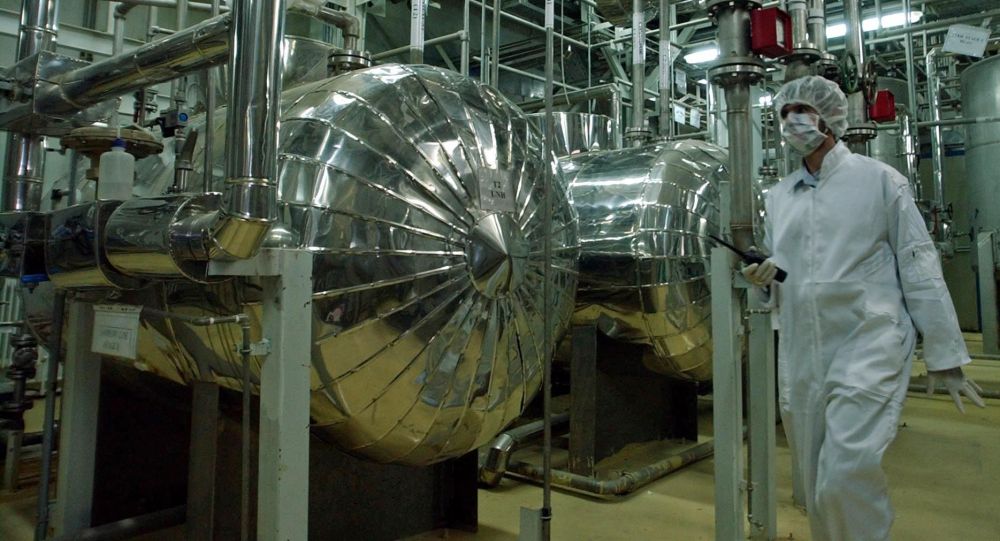Behrouz Kamalvandi, in an article, explained a range of issues and points with regards to the IAEA’s request for “transparency.”
“This report is being published on the threshold of a meeting of the IAEA’s Board of Governors and in the wake of the submission of a report by the IAEA’s director general to the board which resulted in the adoption of an anti-Iran resolution,” said Kamalvandi, the deputy head of the Atomic Energy Organization of Iran (AEOI) and the organization’s spokesman.
“The report was drawn up by the European Troika based on forged and unsubstantiated documents and was met with serious objection from China and Russia as well as abstentions from the seven Board members, and was finally approved by the board,” he noted.
He said the IAEA director general’s new seasonal report calls for access to, and transparency on two sites in Iran.
“Accordingly, the agency, based on forged documents and intelligence gathered through spy operations by Israel, demanded access. The Islamic Republic of Iran regards these accusations as an unwarranted and illegitimate precedents and seeks to prevent the establishment of such a trend,” said the official.
Kamalvandi noted that the strongest verification system is being implemented for Iran’s nuclear activities, adding almost 20 percent of the total inspections conducted by the IAEA around the world are being carried out in Iran since the JCPOA was signed.
“Eighteen seasonal reports by the IAEA’s director general over around four years all suggest the Islamic Republic of Iran’s constructive and extensive cooperation with the agency,” he noted.
He said Iran’s giving access to the IAEA’s inspectors is a symbol of Tehran’s cooperation and full compliance with its commitments under the JCPOA, the Comprehensive Safeguards Agreement and the Additional Protocol.
However, he added, the US and Israel are putting the agency under pressure to once again put on the table issues pertaining to Iran’s nuclear program that have already been dealt with and are over now.
“The agency should not be used as a tool to advance the wicked policies of some governments and regimes,” he said.
Kamalvandi underlined that Iran, under the Comprehensive Safeguards Agreement, is obliged to present to the IAEA auditing reports as well as special reports on its nuclear materials.
Meanwhile, he stressed, any demand by the IAEA for “complementary” access to Iran’s sites and materials should be coupled with relevant reasons and in accordance with the agency’s statute as well as the Comprehensive Safeguards Agreements and the Additional Protocol.
“Answering the agency’s questions and giving any type of access shall be a function of legal considerations,” he said.
He once again recalled a fatwa by Leader of the Islamic Revolution Ayatollah Seyyed Ali Khamenei under which the production, stockpiling and use of weapons of mass destruction are religiously forbidden.
Kamalvandi urged the agency not to give credit to information obtained through spying activities or invalid sources.
